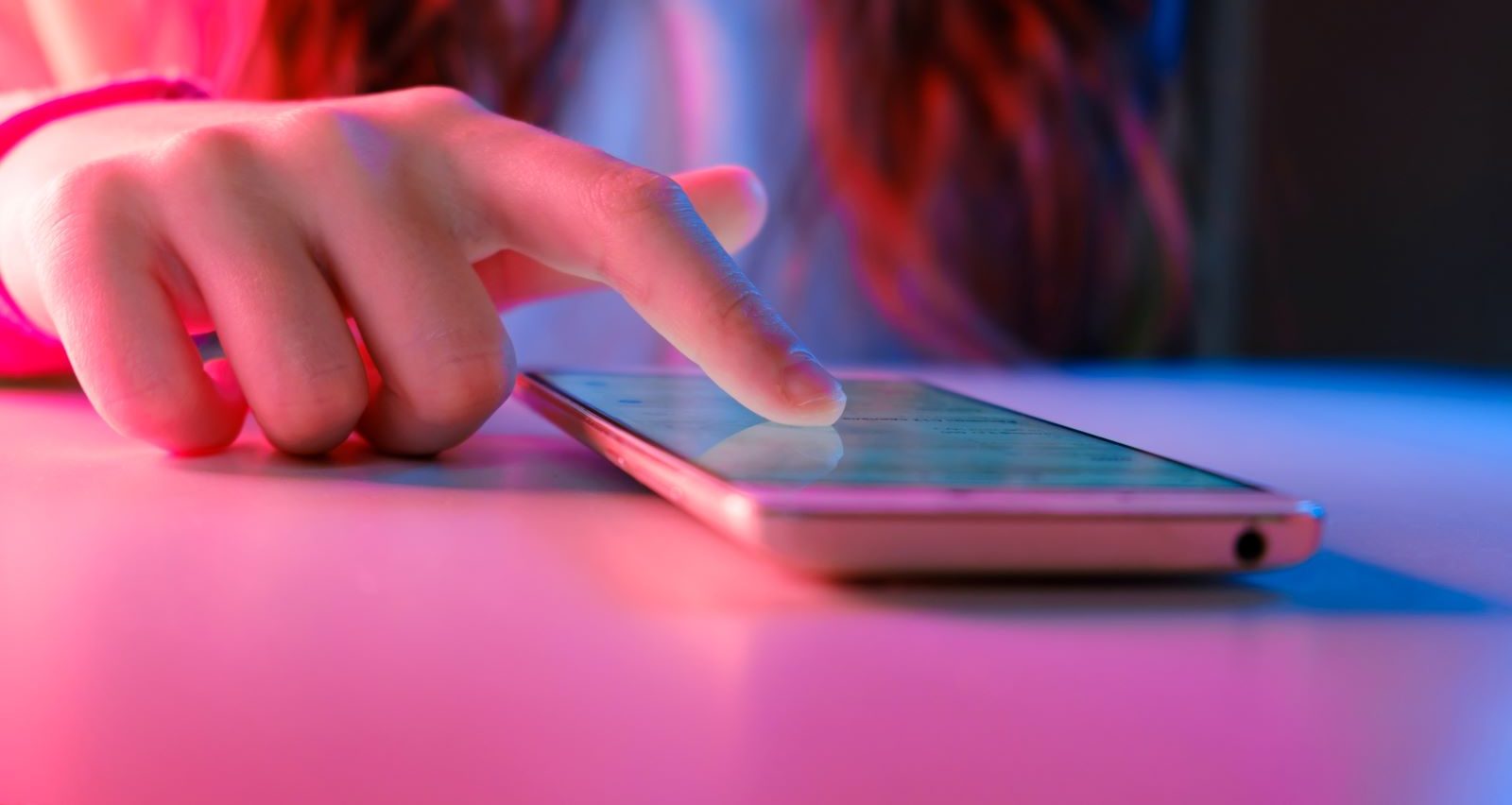New year, new me…right? For some, that could mean turning off social media, or adopting healthier social media habits.
But before you deactivate your Facebook or Instagram, is it possible to have a balanced relationship with social media?
The answer is yes, if you use a few helpful strategies, says Paul Weigle, MD, a psychiatrist with Natchaug Hospital, part of the Hartford HealthCare Behavioral Health Network.
“It involves balanced and mindful use that promotes a healthy lifestyle,” he explains. “This often means actively conversing with friends on social media to facilitate in-person socializing.”
Dr. Weigle shares seven signs that your relationship with social media might be unhealthy and a few strategies for setting better boundaries.
> Connect with the Behavioral Health Network
Impulse surfing
Addiction to social media is not a recognized medical condition. But research shows “excessive pathological use” of social media resembles the symptoms of behavioral addictions and their effects on brain function, says Dr. Weigle.
“Compulsive or uncontrolled use of social media commonly leads to problems in everyday life, but it is not defined as addiction unless it causes severe dysfunction, which is rare,” he notes.
Social media platforms, he continues, are designed to make use habitual and even compulsive for humans, who are inherently social creatures.
“A large part of our brains is devoted to social functioning and language. Social media takes advantage of this by giving users rewarding interactions that are accessible and stimulate our brains’ pleasure centers,” Dr. Weigle says. “For some, the urge to scroll through social media feeds becomes so strong that it overpowers voluntary control, leading to excessive use and failure in everyday functioning.”
Signs of trouble
Unhealthy online habits can take many forms, such as:
- Spending too much time scrolling through others’ posts
- Comparing your profile to others’
- Experiencing declining self-esteem
- Engaging in online aggression or even cyberbullying
- Posting excessively about negative thoughts and feelings, triggering a cycle of self-fulfilling unhappiness
- Joining online communities that promote unhealthy behaviors like eating disorders or self-harm
- Experiencing chronic insomnia due to social media use in bed and/or late at night
Set boundaries
Many people enjoy social media in moderation, and Dr. Weigle says they needn’t worry about setting usage boundaries. For anyone feeling their use is out of control, he suggests creating a healthier relationship with social media by:
- Think before logging on so you use the platform mindfully. Know what you want to get out of use and log off after, resisting the temptation to linger.
- Determine situations to avoid, such as use in bed, at work, at the dinner table or when socializing in person.
- Set time limits on use. You can limit how long you’ll stay online or what time you’ll start and stop each day, and can follow your progress with the “screen time” function in iPhones.
- Turn off notifications and remove the social media app from certain devices or the first page of your home screen so social media is less accessible. This prevents impulsive checks.
“It is vital to protect regular time for beneficial activities like exercise, going outdoors and in-person socializing with friends and family,” Dr. Weigle says. “A balanced social media diet is an important part of a healthy lifestyle.”



